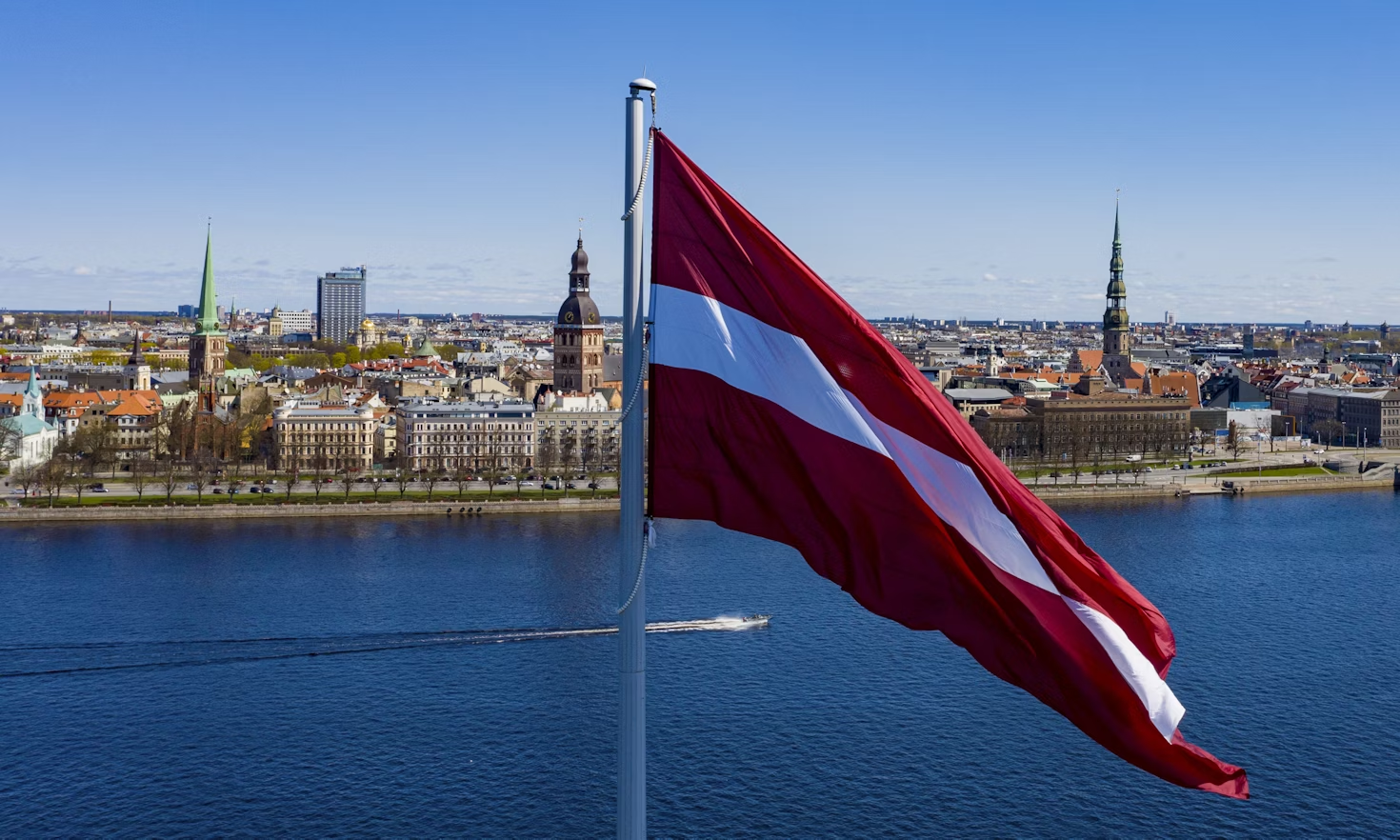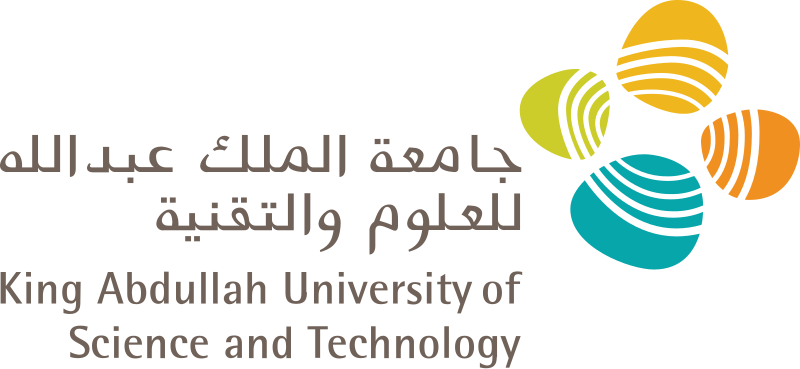
Registration Opens for SAF 2025: International STEAM Azerbaijan Festival Welcomes Global Youth
The International STEAM Azerbaijan Festival (SAF) has officially opened registration for its 2025 edition!

The Latvian government has approved significant amendments to regulations governing language proficiency for foreign faculty members in higher education institutions. The changes, which aim to bolster the country's academic competitiveness, allow foreign academics to work in Latvia for up to six years without initially meeting strict Latvian language proficiency requirements.
The amendments, spearheaded by President Edgars Rinkēvičs, are designed to remove existing barriers that have hindered the recruitment of international talent. Currently, Latvia's universities have a lower proportion of foreign academic staff (4.6%) compared to Lithuania (7%) and Estonia (15%).
Under the new rules, foreign professors, associate professors, docents, leading researchers, and researchers employed in study programs taught in foreign languages will be permitted to continue their academic careers in Latvia for a period of six years. During this time, higher education institutions will be expected to provide opportunities for these individuals to learn the Latvian language.
However, to secure re-election or continue their tenure beyond the initial six-year period, these foreign academics will be required to demonstrate a minimum B1 level of Latvian language proficiency. This marks a crucial step in integrating them into the academic and broader Latvian society.
For foreign faculty members already holding leadership positions, such as department heads, a more advanced C1 level of Latvian proficiency will be required. A transition period has been set for these individuals, with this requirement coming into effect on January 1, 2031.
The Ministry of Education and Science (MES) views these changes as a balanced approach. "On one hand, the role of the state language in higher education is strengthened, and on the other hand, the possibility for Latvian universities to attract internationally recognized faculty is preserved," a statement from the ministry read.
While foreign academics can now teach and lead seminars in languages other than Latvian, the regulations maintain that they are not permitted to conduct final examinations or supervise final thesis work in these foreign languages.
The amendments also aim to provide clearer guidelines for universities when engaging with foreign faculty, thereby simplifying the recruitment process. The MES believes that by attracting highly qualified specialists, Latvia can maintain and enhance the competitiveness of its higher education sector on the international stage.
The Saeima (parliament) conceptually supported the amendments to the Law on Higher Education in 2024, recognizing that the previous strict language requirements were a significant deterrent for attracting world-class specialists. These changes are expected to foster a more internationally open academic environment in Latvia.
Share

Registration Opens for SAF 2025: International STEAM Azerbaijan Festival Welcomes Global Youth
The International STEAM Azerbaijan Festival (SAF) has officially opened registration for its 2025 edition!

Join the Edu-live Internship Program!
Are you passionate about journalism, education, science, as well as global study and development opportunities? Do you want to be part of a dynamic media platform that brings educational and scientific news and stories to life from around the world?

Young Leaders Union Conference 2025 in Paris (Fully Funded)
Join Global Changemakers in Paris! Fully Funded International Conference for Students, Professionals, and Social Leaders from All Nationalities and Fields

An mRNA cancer vaccine may offer long-term protection
A small clinical trial suggests the treatment could help keep pancreatic cancer from returning

Yer yürəsinin daxili nüvəsində struktur dəyişiklikləri aşkar edilib
bu nəzəriyyənin doğru olmadığı məlum olub. Seismik dalğalar vasitəsilə aparılan tədqiqatda daxili nüvənin səthindəki dəyişikliklərə dair qeyri-adi məlumatlar əldə edilib.

Applying to KAUST - Your Complete Guide for Masters & Ph.D. Programs (Upcoming Admissions)
Admissions Overview & Key Requirements